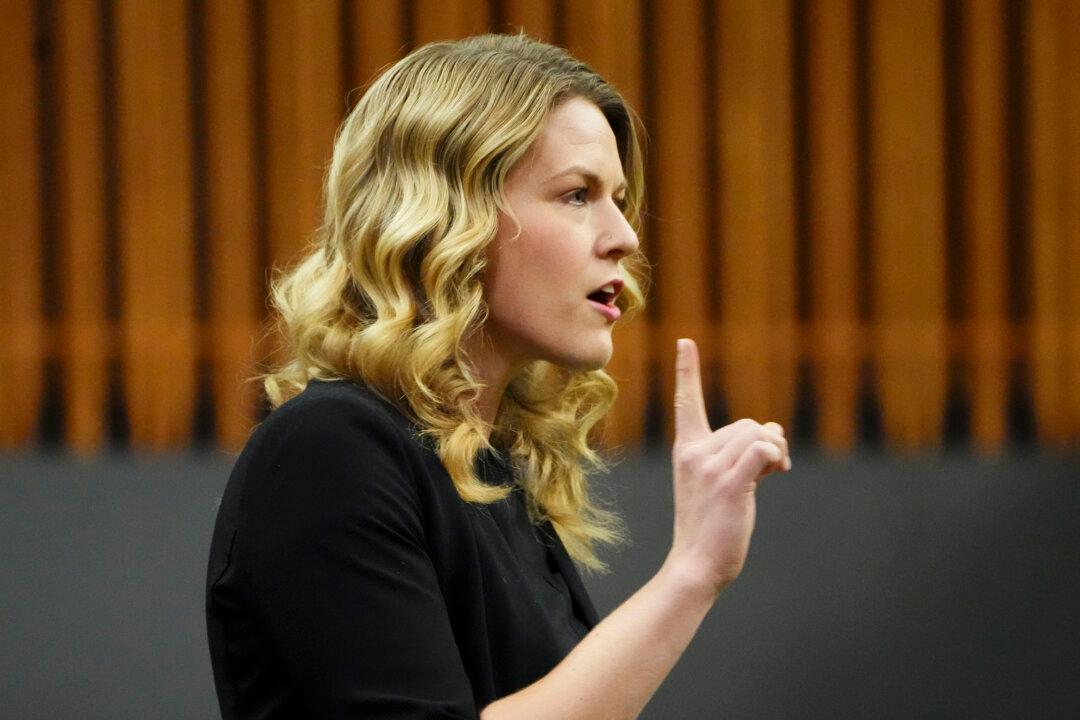The Conservatives are demanding that the House of Commons hold an emergency debate on Bill C-11 over concerns that the Liberal government previously attempted to have certain online content be taken down for containing misinformation or being offensive.
Conservative MP and Canadian Heritage critic Rachael Thomas submitted a letter to House Speaker Anthony Rota on April 16 calling for the emergency debate.





